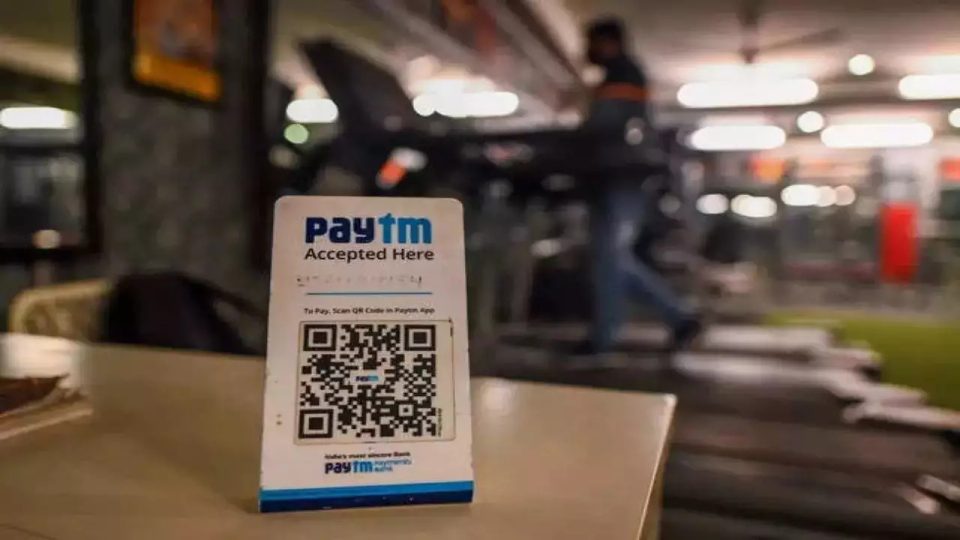Paytm‘s plan to buy back shares has investors surprised and worried about the loss-making Indian fintech’s growth prospects as it uses funds to prop up its battered stock.
The board of One 97 Communications Ltd, the listed entity that operates Paytm, is due to decide on the buyback on Tuesday. The move comes as the stock has fallen about 75% since it went public in November, making it the worst-performing big global IPO in a decade. The downturn has also prompted a unit of its main backer, Japan’s SoftBank Group Corp, to reduce its stake.
While the buyback may have helped stop Paytm’s stock price from plunging, investors have raised questions about the attempt to manage the share price rather than use cash for the business. The company, India’s leading digital payments brand, posted a more comprehensive second-quarter loss last month.
Paytm said that by using the funds for buybacks, there are no other attractive opportunities to grow the business, which is why they are returning funds to stakeholders.
Shares of Paytm rose 1.6% in early Mumbai trade and are up nearly 6% since the buyback announcement.
Indian companies cannot use funds raised from the IPO for share buybacks, Paytm said in an emailed statement. It said that any buybacks if approved by the board, would be made using cash on the company’s books.
Paytm’s listing is being billed as India’s largest-ever IPO, attracting traditional global stock pickers such as BlackRock Inc and Canada Pension Plan Investment Board. Shares sold at the top of the market range as the deal attracted strong demand from individuals and funds, though they never traded above their listing price.
Helped by an influx of global liquidity, India’s then-booming IPO market attracted strong investor interest in other consumer tech companies, including online food delivery firm Zomato Ltd and beauty retailer Nykaa, despite their profitability and valuations. The value is questionable.
Some of their early backers have exited or reduced their stakes as company shares have come under pressure after the global tech industry collapsed.


 Signals, Powered By EquityPandit
Signals, Powered By EquityPandit

